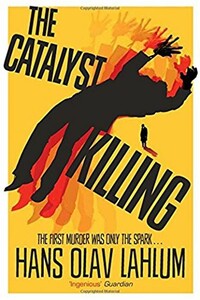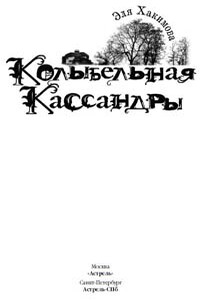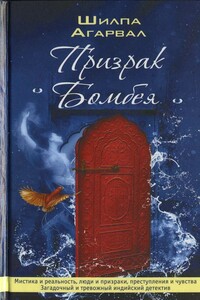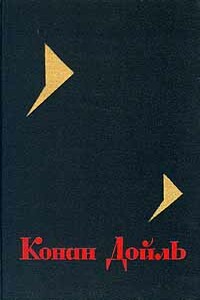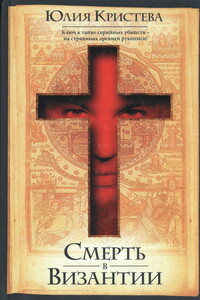Satellite People | страница 111
DAY FIVE: On Overgrown Paths
I
When I sat down to breakfast on Wednesday, 14 May 1969, the only thing I could say with any certainty was that the anonymity with which Leonard Schelderup had lived his life, despite being the heir to millions and an athletics star, contrasted dramatically with the fame he achieved in death. The main story of the day was a major fire in the centre of Tromsø, but all the big newspapers reported on Leonard Schelderup’s death in the sports pages, and most of them ran a headline on the front page. ‘Olympic Flame Snuffed Out’ was the headline across the top of Dagbladet’s front page. The papers all wrote that at the time of his death, Leonard Schelderup had been one of Norway’s greatest hopes for the Summer Olympics in 1972, something I could not recall any of them having written before.
All the newspapers had pulled out photographs from last year’s national championships. I was struck by how unruffled and earnest he looked both before and after he crossed the finishing line, and when he stood on the podium to receive his medal. Petter Johannes Wendelboe was not the only person involved in this case who never smiled. I had never actually seen Leonard Schelderup smile, in a photograph or in real life. With the exception of the carefree, partying older son, any smiles from Magdalon Schelderup’s supper guests were few and far between. I thought to myself that what Patricia had said about how terrible the case was, and how cold and bleak it was out there in the spheres of the surviving satellite people, was entirely appropriate.
I opened the door to my office at nine o’clock on the dot, just as the telephone started to ring.
‘Detective Inspector Kolbjørn Kristiansen,’ I rattled off when I picked up the phone. The first thing I heard was a relieved sigh, followed by an unidentified man’s voice.
‘Thank goodness that I have managed to get hold of you. I have nothing whatsoever to do with the murder of Leonard Schelderup, but I am the person who visited him last night between ten o’clock and midnight. I would be more than happy to tell you what little I know, if that can help solve the murder. I would rather not come to the police station if at all possible. Could I meet you somewhere else later on today?’
It was my turn to be silent for a while. As he spoke, I finally understood the circumstances.
Just to make sure, I asked if he had by any chance visited the flat on other occasions through the spring, and if so, what he had been wearing. He replied immediately that he had been there several times and that he had been wearing a hat and a coat with the collar turned up. It occurred to me that I had heard his voice somewhere before, but I was not able to place it without seeing him.
